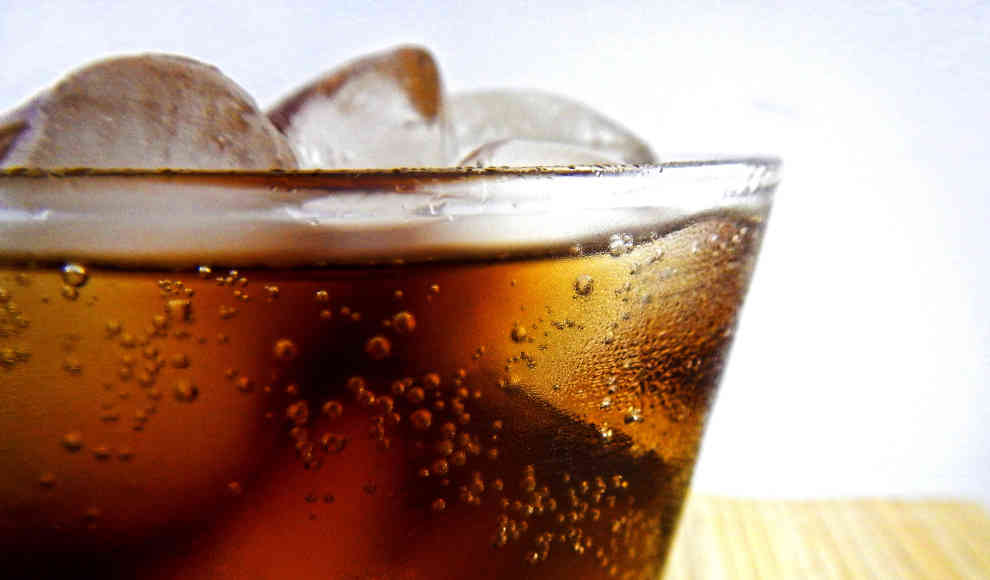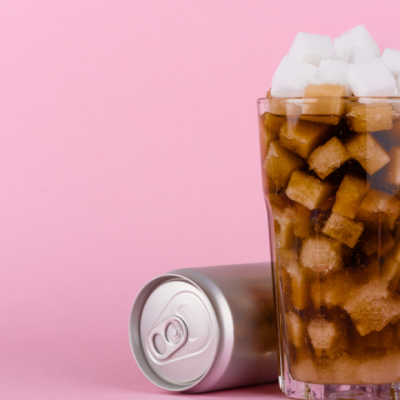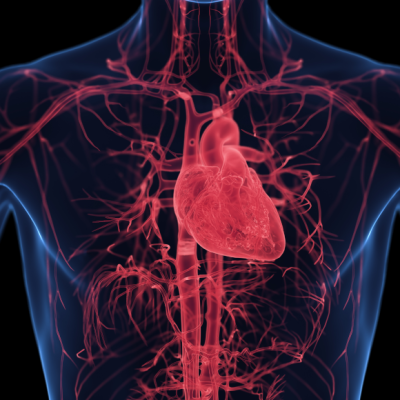Fast food chains McDonald’s and Burger King have been found to serve drinks containing the MRI contrast agent gadolinium, despite claiming to filter their water. Gadolinium is commonly used as a contrast agent in MRI scans, and it was previously believed that the body did not absorb it. However, the US Food and Drug Administration has since found that some of the agent remains in the brain after treatment. The health implications of this are unclear, but the rest of the gadolinium is excreted into rivers and eventually into drinking water. Researchers at Jacobs University Bremen have therefore investigated whether humans are ingesting the metal through food and drink, even if they have not undergone an MRI scan. The scientists analysed soft drinks from McDonald’s and Burger King in six German cities, finding that the drinks contained anthropogenic gadolinium, which is not removed by wastewater treatment or water purification. The concentration of gadolinium in the drinks was similar to that in the cities’ tap water. The researchers suggest that the metal is entering rivers via wastewater and being reintroduced into drinking water. Although the concentrations of gadolinium found are unlikely to be harmful, the study highlights the potential for other chemicals and medications to enter the water supply.
Fast food chains McDonald’s and Burger King have been found to serve drinks containing the MRI contrast agent gadolinium, despite claiming to filter their water. Gadolinium is commonly used as a contrast agent in MRI scans, and it was previously believed that the body did not absorb it. However, the US Food and Drug Administration has since found that some of the agent remains in the brain after treatment. The health implications of this are unclear, but the rest of the gadolinium is excreted into rivers and eventually into drinking water. Researchers at Jacobs University Bremen have therefore investigated whether humans are ingesting the metal through food and drink, even if they have not undergone an MRI scan. The scientists analysed soft drinks from McDonald’s and Burger King in six German cities, finding that the drinks contained anthropogenic gadolinium, which is not removed by wastewater treatment or water purification. The concentration of gadolinium in the drinks was similar to that in the cities’ tap water. The researchers suggest that the metal is entering rivers via wastewater and being reintroduced into drinking water. Although the concentrations of gadolinium found are unlikely to be harmful, the study highlights the potential for other chemicals and medications to enter the water supply.










